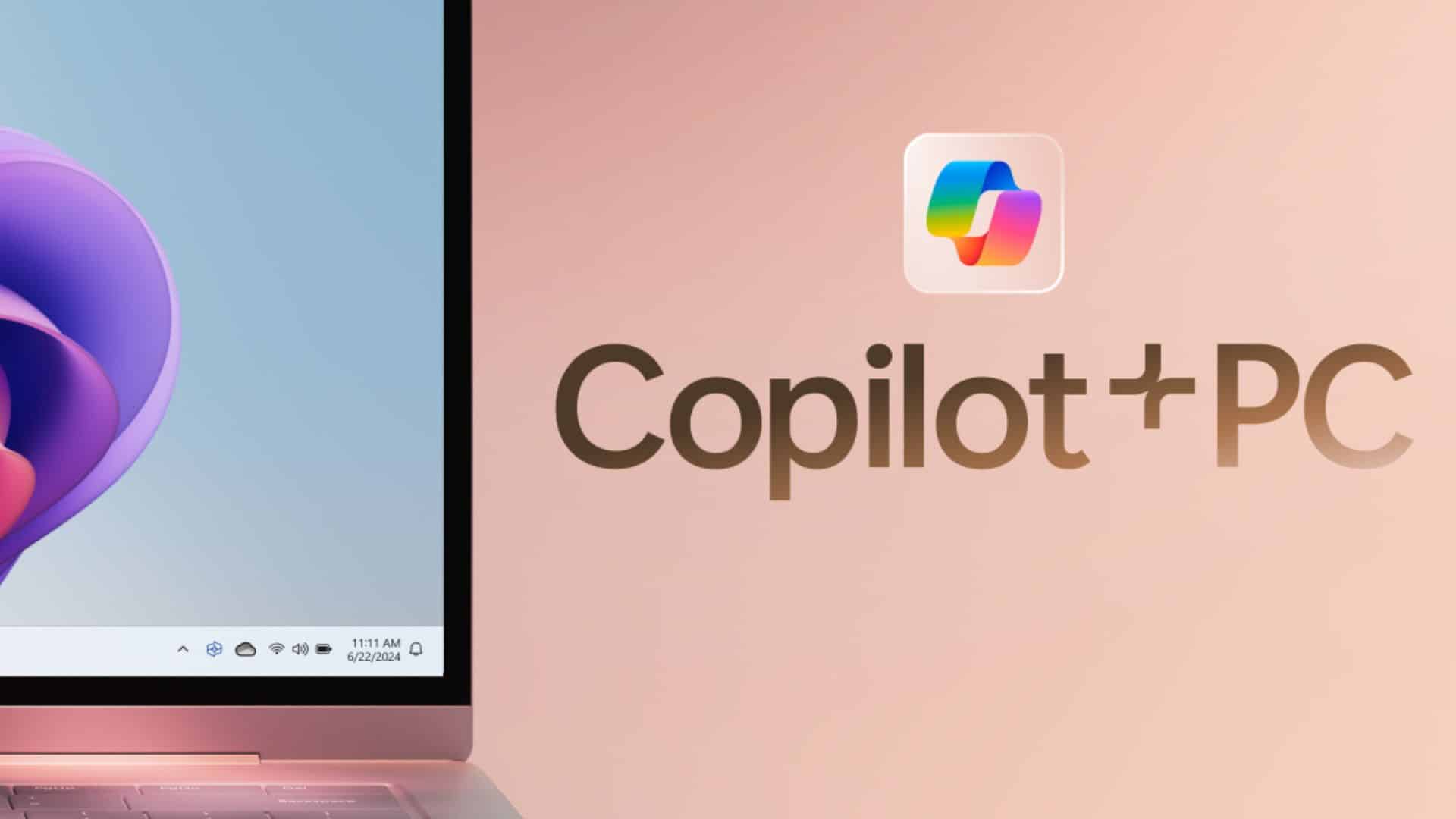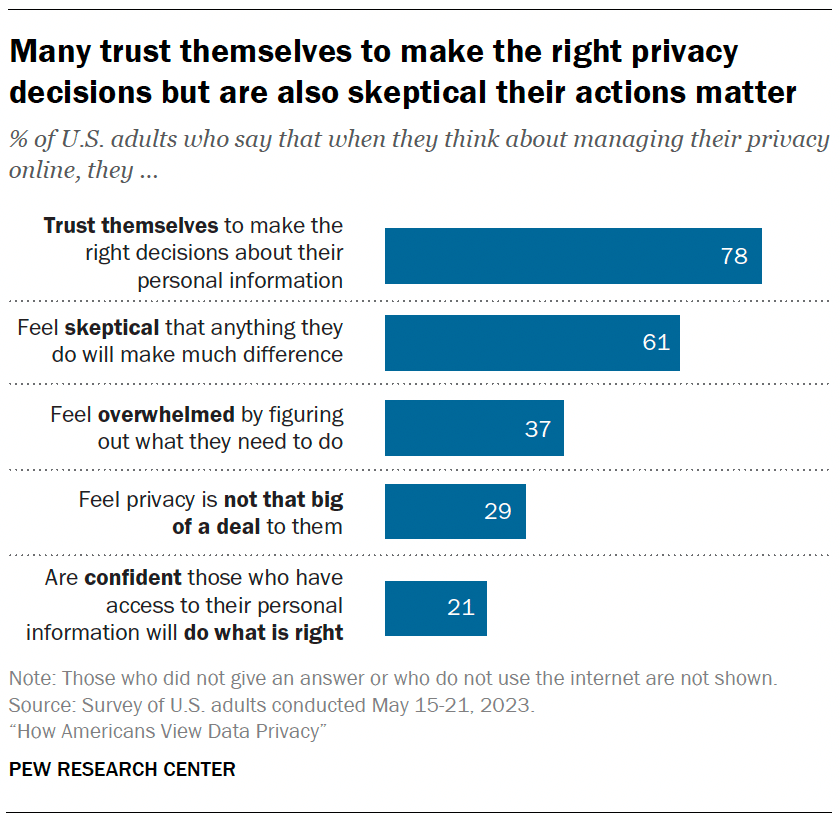While the revolutionary digital transformation of the modern era, including the development of advanced computing and recently artificial intelligence (AI), is already making life easier for many, it also comes at the cost of sacrificing privacy. While one’s online activity has long been used for purposes like targeted ads, new ways to surveil you and capture your data are being developed every single day. At the center of the controversy is the AI-powered feature called “Recall” for Copilot+ PCs that Microsoft revealed at its Build conference event on Monday. The feature, which is currently in preview status, would let users find the content that they have viewed on the PC in the past.
The feature would retrieve snapshots from the PC’s timeline and is currently optimized for select languages while text-to-text searches are available in over 160 languages. Naturally, this immediately set off alarms in the minds of privacy experts who know that for the feature to be able to work, it would have to record everything you do on your PC.
Microsoft Unveils New AI Feature for PCs
According to Microsoft, “Recall uses Copilot+ PC advanced processing capabilities to take images of your active screen every few seconds.”
There are hardware requirements for the feature and it would need a minimum hard drive space of 256 GB of which 50 GB of space must be available. The said allocation would be the default and can store approximately 3 months of snapshots. Once the allocated storage is exhausted, the old snapshots will be deleted facilitating the storage of new ones.
The feature would help users access snapshots of their previous activity to help them find websites, apps, saved documents, and so on. Additionally, users can search through teleconference meetings they’ve participated in and any videos they watched on the device using an AI-powered feature that can transcribe and translate speech.
While the feature sounds helpful, many experts are worried about the implications that it has on the privacy of the user.
If you are interested in checking out more of the Microsoft event, you can watch the whole thing below through YouTube.
Microsoft Tries to Allay Fears About “Recall” Being a Privacy Scare
Microsoft has tried to allay fears related to privacy and said, it has “built privacy into Recall’s design from the ground up.” Several of its features help users protect their privacy to some degree. For instance, the user can control what snapshots are saved by the Recall feature. The feature won’t take snapshots of some content, like InPrivate web browsing sessions in Microsoft Edge (not that anyone uses that feature anyway).
The user can also “pause snapshots on demand from the Recall icon in the system tray, clear some or all snapshots that have been stored, or delete all the snapshots from your device.”
Moreover, Microsoft has emphasized that the data won’t be misused and stored on the user’s PC itself. “The snapshots are encrypted and saved on your PC’s hard drive. You can use Recall to locate the content you have viewed on your PC using search or on a timeline bar that allows you to scroll through your snapshots,” says Microsoft on its website.
It adds that snapshots are linked to the user’s profile and Microsoft does not share it with others. Microsoft says that it doesn’t even receive the snapshots itself and it categorically denied that they would be used for targeted ads.
While these safety features indeed allay some privacy-related concerns, they are not foolproof. For instance, if someone gets access to your Windows account, they can see pretty much anything and everything that you have been doing on the PC (in the past 3 months). Naturally, this could easily lead to leaked sensitive information like private photos, embarrassing search activity, and even payment information, potentially leading to blackmail.
The saved PC history could have even more severe implications for those in professions like journalism and could be life-threatening for some.
AI-Enabled PCs Could Rule the Market
Notably, PC sales have been tepid over the last couple of years but IDC sees a ray of hope in AI-enabled PCs and expects them to account for 60% of all shipments by 2027. In a note earlier this year, Tom Mainelli, IDC’s group vice president of Devices and Consumer Research said, “In 2024, we’ll see AI PC shipments begin to ramp, and over the next few years, we expect the technology to move from niche to a majority.”
While AI-enabled PCs would mean exciting new features for users, privacy hawks have reasons to be worried as is illustrated by the Recall feature from Microsoft. Then we have the larger issue of tech’s inroads into a user’s privacy which has been happening for years now – one brick at a time.
A survey by Pew Research last year showed that Americans are increasingly wary of data privacy. While 78% believe they can make the right decisions about their personal information – the majority doubt their actions would make any difference.
In its report, Pew Research said, “Among those who’ve heard about AI, 70% have little to no trust in companies to make responsible decisions about how they use it in their products,” which highlights the little trust users have in tech companies.
Does AI Put User Privacy at Risk?
A loss of privacy is not exactly an innate feature of AI, far from it. However, AI could be (and already is) used to help companies collect your data and it will almost certainly only get worse from here unless sufficient privacy legislation is passed (which is extremely unlikely, at least in the short-term, thanks to special interest groups). Initially, politicians and industry leaders were pushing for greater protections surrounding AI but much of that fervor seems to have dissipated. Reportedly, OpenAI disbanded its own Superalignment team, which was focused on the long-term risks of AI.
Also, OpenAI’s co-founder Ilya Sutskever, who has been championing the cause of safety in AI, left the company just a day after OpenAI launched a new AI model along with a desktop version of ChatGPT.
Jan Lieke, another OpenAI co-founder who left the company, was more forthcoming about his criticism of OpenAI and tweeted, “over the past years, safety culture and processes have taken a backseat to shiny products” at the company.
Tech companies in general haven’t had much regard for user privacy and last year Google agreed to settle a class action lawsuit that alleged that its Chrome browser kept tracking users’ browsing activity even when they had enabled the ‘Incognito mode’ feature, which it advertised as a way to keep their web browsing private.
Social media companies like Facebook are not shining examples of protecting user privacy either. Tech advancements (including AI) and social media have always had privacy implications. As for users, while there are ways to protect their privacy including with Microsoft’s Recall, they can only do it to a point. Compromising on privacy is among the hazards of digital transformation that unfortunately we have to live with – whether using a mobile phone, a social media handle – and now even a PC.

